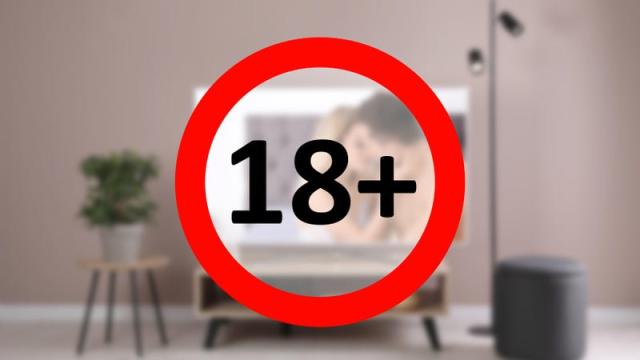 |
A Louisiana law that took effect New Year’s Day requires websites that have pornographic content to employ age-verification measures to prevent minors from accessing the material. The new law is part of a Republican effort nationwide to protect minors from online pornography. Since 2016, 17 states have declared pornography a public health crisis. In Congress, U.S. Sen. Mike Lee, R-Utah, on Dec. 14 introduced the Shielding Children's Retinas from Egregious Exposure on the Net (SCREEN) Act, which would direct the Federal Communications Commission to require all commercial pornographic websites to adopt age verification technology. The Louisiana bill, authored by state Rep. Laurie Schlegel, R-Metairie, would hold companies liable if their website’s content exceeds 33.3% of “material harmful to minors,” as defined by the statute, unless those websites are using “reasonable age-verification methods,” such as government-issued digitized ID cards, to ensure users are at least 18 years old. The law easily passed the Republican-controlled Legislature and was signed by Democratic Gov. John Bel Edwards. “Online pornography is extreme and graphic and only one click away from our children,” Schlegel tweeted last week. “… If pornography companies refuse to be responsible, then we must hold them accountable. This law is a first step.” Schlegel called on Congress to address the matter. The problem Congress faces is passing constitutional muster. The Supreme Court has struck down various congressional laws regulating pornographic material to those under age 18, such as the 1996 Communications Decency Act and the 1998 Child Online Protection Act, on First Amendment grounds. The Supreme Court ruled in Ashcroft v. ACLU in 2004 that Congress does have a “compelling government interest” to shield children from pornography but did not use the least restrictive means to achieve it. The justices, in the 5-4 decision, even suggested personal “blocking and filtering software” could be a less restrictive alternative. Lee said he created the SCREEN Act to utilize vast improvements in technology to allow it to pass the Supreme Court's requirement. “Every day, we're learning more about the negative psychological effects pornography has on minors,” Lee said in a news release. “Given the alarming rate of teenage exposure to pornography, I believe the government must act quickly to enact protections that have a real chance of surviving First Amendment scrutiny. We require age verification at brick-and-mortar shops. Why shouldn't we require it online?” |
Wednesday, January 4, 2023
Louisiana Law Blocking Minors' Access to Porn Part of GOP Effort
Subscribe to:
Post Comments (Atom)
-
Tit for Tat ? ROCHESTER, N.Y. (AP) — A statue of abolitionist Frederick Douglass was ripped from its base in Rochester on the an...
-
NEW YORK (AP) — As New York City faced one of its darkest days with the death toll from the coronavirus surging past 4,000 — more th...



No comments:
Post a Comment